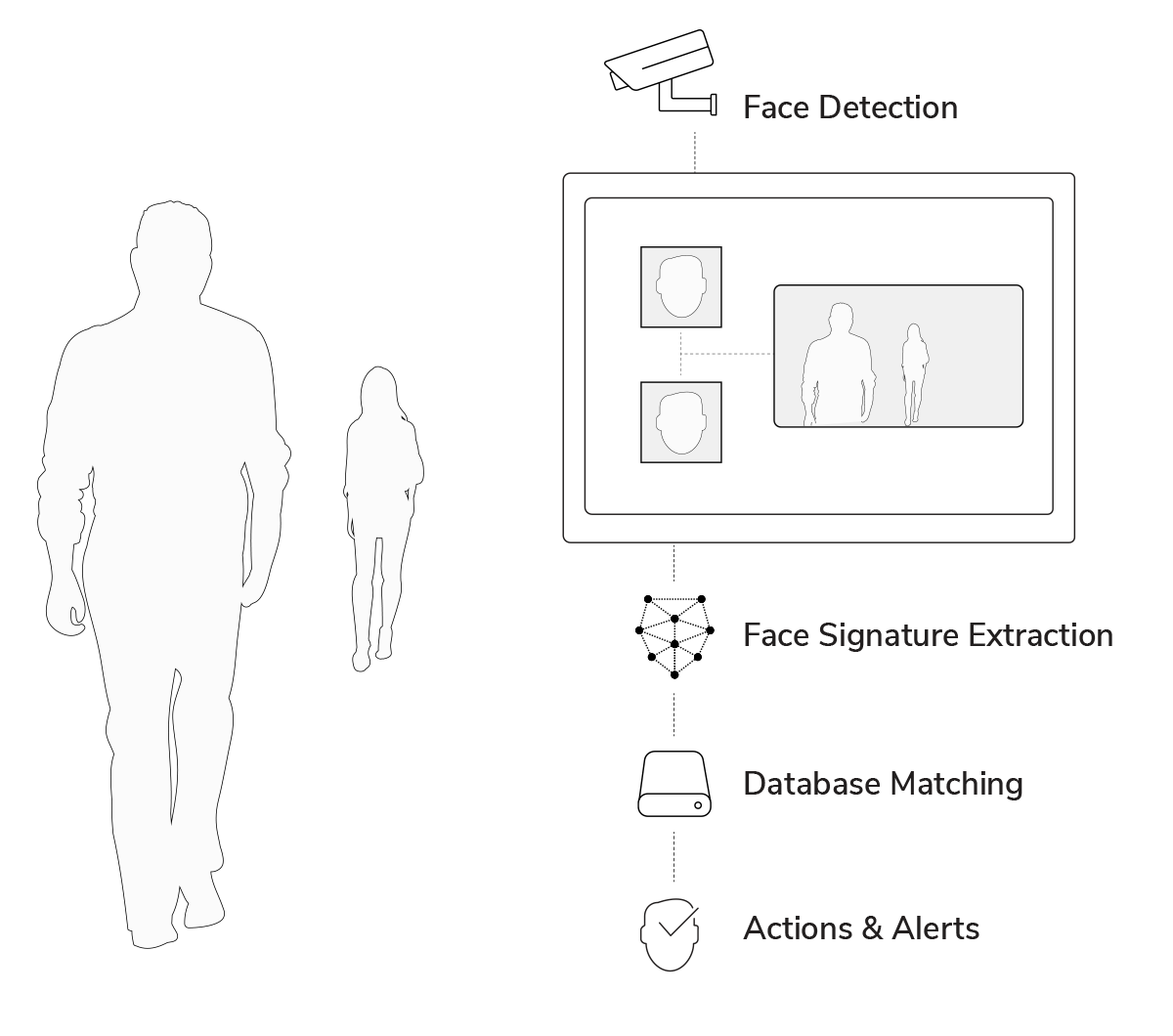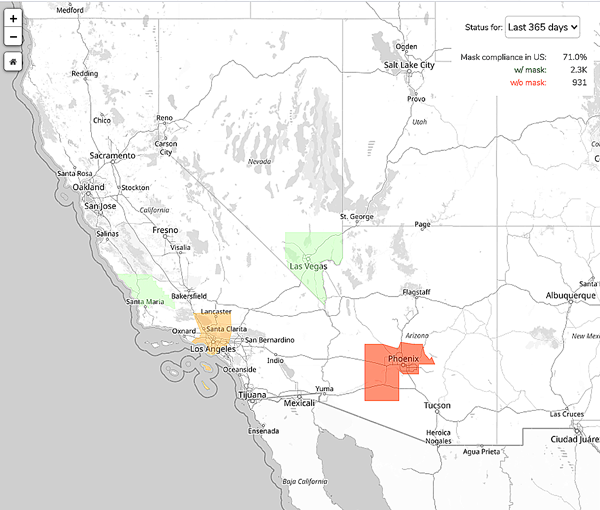Identity Review | Global Tech Think Tank
Keep up with the digital identity landscape.
The first COVID-19 vaccines have been rolled out around the world to first-responders and healthcare workers, marking a landmark step forward in fighting the worldwide pandemic. However, there are currently not enough vaccines for all in need; the LA Times estimates that in the United States, the general public will get access to the vaccine by Spring or Summer 2021. Even at that, many poorer countries around the world have received extremely rationed amounts of the vaccine, as BBC reported that nearly 70 lower-income countries will only be able to vaccinate 1 in 10 people.
Simply put, the approval of the Pfizer and Moderna COVID-19 vaccines around the world does not mark the end of the pandemic automatically. In fact, just as much as ever before, taking proper COVID-19 precautions like social distancing, adhering to lockdown procedures and wearing masks is extremely important for successfully eradicating the virus.
Last week, the COVID-19 International Research Team released smartphone software MaskCheck in collaboration with software company RealNetworks to help increase compliance with COVID-19 safety regulations worldwide. The software is powered by RealNetworks’ SAFR technology, which enables MaskCheck to serve as a mask compliance app and a service and data platform to help communities and businesses operate more safely.
One of MaskCheck’s main capabilities involves mask detection, which relies upon SAFR’s AI-powered facial recognition technology. When running on a tablet, MaskCheck is able to detect faces as people walk past and determines if they are wearing a mask, and doing so properly. Upon recognizing a person’s face, the MaskCheck software provides visual feedback to encourage proper precautions.
Since SAFR’s facial recognition algorithm was trained using real-life faces as opposed to simulated faces, it is optimized for accuracy and performance for live video. This allows the technology to recognize faces in a variety of conditions, including faces that are in motion, under poor lighting conditions, and misaligned or partially obscured, making mask detection for MaskCheck an easy and logical application of SAFR technology.

SAFR facial recognition not only detects faces wearing masks, but can alert users on whether they are properly wearing them as well.
The other major capability of MaskCheck is its collection and aggregation of real-time, accurate behavioral face mask compliance data. The COVID-19 International Research Team uses this data to provide statistics to policy makers and public health departments to make data-informed decisions that will lead to safer re-openings of stores, public services and more.
In particular, the back-end infrastructure of MaskCheck aggregates anonymous, non-personally identifiable information (non-PII) submitted by a network of MaskCheck enabled devices and closed-circuit television systems. Data collected includes location, venue type and non-PII demographic details and is submitted to a public health data repository.
The real-time, dynamic mask compliance data feed can be used by any and all concerned parties under a free creative commons license, accessed via APIs from anywhere worldwide. MaskCheck also offers a map visualization of this dataset as well via MaskCheck’s own live dashboards.

MaskCheck’s map helps visualize mask compliance in cities with MaskCheck deployment.
Partners of MaskCheck say the solution is important at this time due to the lack of reliable and regularly updated information on mask compliance, which can help inform the decisions of policymakers and public health officials, as well as employers, business owners and even the general public.
“Together we believe that one of the fastest ways to stop the spread of the coronavirus is for everyone to simply wear a face mask,” says RealNetworks founder and CEO Rob Glaser in an article with Biometric Update. “It is our joint hope that thousands of locations worldwide will soon quickly deploy MaskCheck. This will encourage use of face masks and provide data that will help municipalities and businesses understand what is actually happening in their locations and communities, will inform both private actions and policy making, and will help make the world safer.”
ABOUT THE WRITER
Serena He is a Tech Innovation Fellow from the University of Southern California who is interested in AI and the intersection of design and technology. She enjoys covering news across the digital identity and tech space.
Contact Serena He at serena@identityreview.com.
Do you have information to share with Identity Review? Email us at press@identityreview.com.